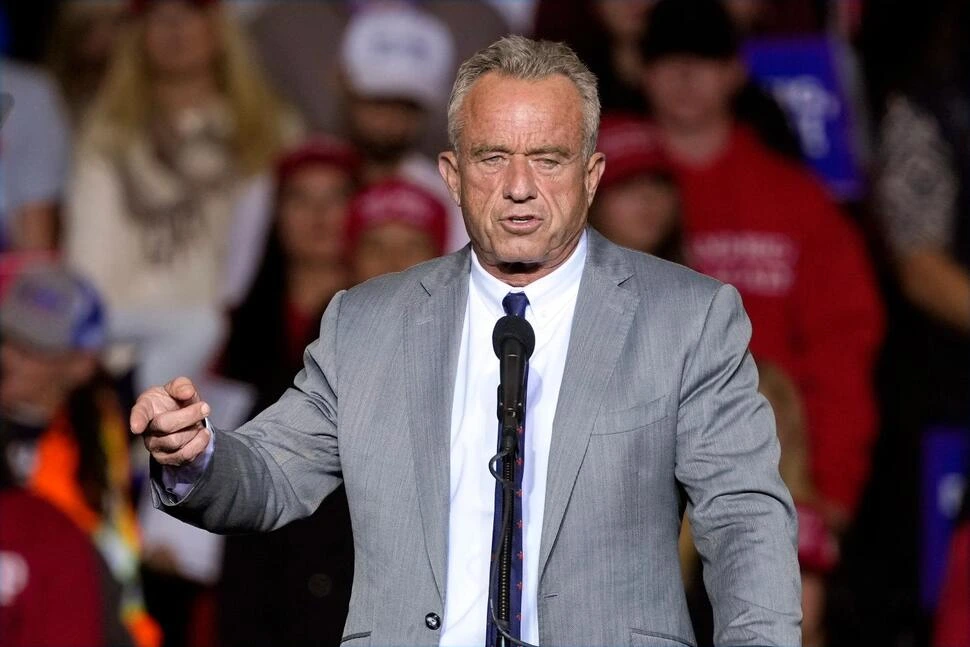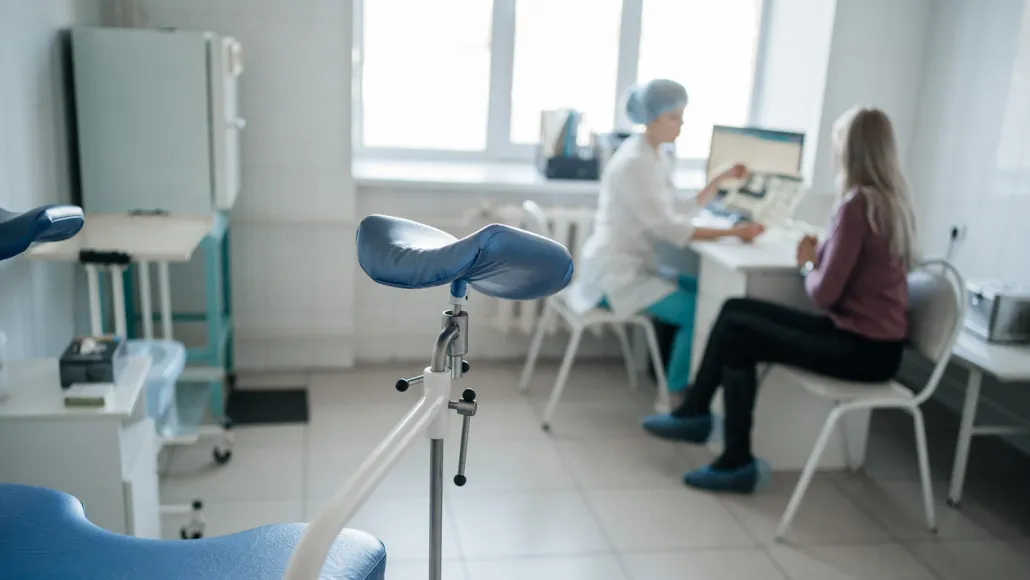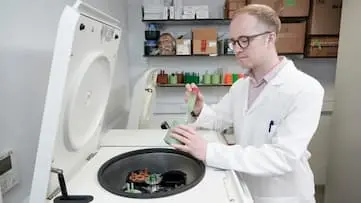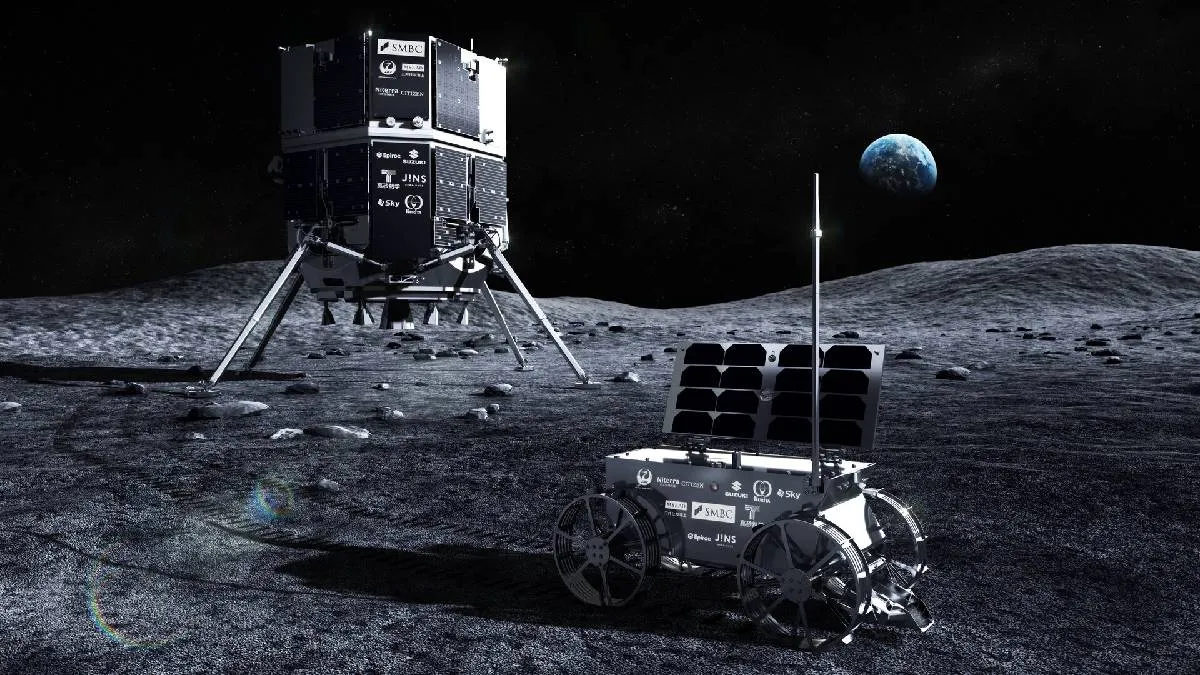RFK Jr. Claims U.S. Is Withdrawing Funding From Global Vaccine Alliance Gavi
Independent U.S. presidential candidate Robert F. Kennedy Jr. says the federal government is pulling financial support from Gavi, a major global vaccine alliance, raising concerns about the future of global immunization programs.
Independent U. S. presidential candidate Robert F.
Kennedy Jr. stated this week that the United States is withdrawing funding from Gavi, the Vaccine Alliance, a prominent global health partnership that plays a central role in delivering vaccines to low-income countries. The announcement, if confirmed by official government sources, could signal a dramatic shift in U.
S. global health policy and raise questions about the future of international vaccine equity. Kennedy made the claim during a campaign town hall, saying, “We are cutting ties with Gavi.
That money is no longer going to an unaccountable global bureaucracy. ” He did not cite specific federal documents or confirm whether the decision had already been implemented, but said the move reflects a broader commitment to “national health sovereignty” and “reevaluating our international commitments. ” What is Gavi? Gavi, the Vaccine Alliance is a global public-private partnership founded in 2000 with the support of the Bill & Melinda Gates Foundation, UNICEF, the World Health Organization (WHO), and national governments.
Its mission is to increase access to vaccines in the world’s poorest nations, funding immunization programs and negotiating lower prices for life-saving vaccines. Over the past two decades, Gavi has helped immunize more than 1 billion children, preventing an estimated 17 million deaths worldwide. It played a pivotal role in the global COVID-19 vaccine rollout through COVAX, a multilateral mechanism to distribute vaccines equitably.
The U. S. government has been a key contributor, committing over $1.
6 billion since Gavi’s inception, with bipartisan support under both Republican and Democratic administrations. No Official Confirmation Yet As of now, no official statement from the White House, U. S.
State Department, or U. S. Agency for International Development (USAID) has confirmed Kennedy’s assertion.
A spokesperson for the State Department said, “The United States remains committed to global health cooperation,” but declined to comment specifically on Gavi. Similarly, Gavi has not released a statement acknowledging any formal U. S.
withdrawal. A source close to the alliance said they were “monitoring political developments in the U. S.
” but had not received notification of a funding freeze or cancellation. Analysts caution that Kennedy’s claim may reflect a policy proposal rather than an executed action. “It’s not clear this has happened yet,” said global health policy expert Dr.
Alicia Freeman. “But it’s certainly a signal of what a Kennedy administration might prioritize — a retreat from multilateralism in favor of domestic autonomy. ” Political Context Robert F.
Kennedy Jr. , an environmental attorney and prominent vaccine skeptic, has long been critical of global health institutions, including the World Health Organization, the Centers for Disease Control and Prevention (CDC), and pharmaceutical companies. He has questioned the safety and necessity of some vaccines, though he insists he is not “anti-vaccine” but rather “pro-safety.
” Kennedy has centered much of his campaign around criticism of public health mandates, particularly those enacted during the COVID-19 pandemic. His comments about Gavi reflect his broader suspicion of global health alliances and his populist push for “medical freedom. ” While Kennedy is running as an independent and polling behind major-party candidates, his messaging has found an audience among vaccine-hesitant voters, civil libertarians, and others skeptical of government regulation.
Implications of U. S. Withdrawal If the U.
S. does formally withdraw or freeze funding to Gavi, the consequences could be severe. Gavi relies on contributions from high-income countries to fund vaccine purchases and support immunization infrastructure in more than 70 developing countries.
A sudden loss of U. S. support could jeopardize: Childhood vaccination programs for diseases like measles, polio, and HPV; COVAX vaccine distribution efforts for COVID-19 and potential future pandemics; Health worker training and cold chain logistics in low-resource settings; Ongoing work to expand access to newer vaccines for malaria, cholera, and typhoid.
Global health experts worry that funding gaps could lead to resurgent outbreaks, strain already fragile healthcare systems, and slow progress toward global immunization goals outlined by WHO and the UN. “This isn’t just about one organization,” said Dr. Freeman.
“It’s about a domino effect that could threaten the health of millions of children and adults around the world. ” International Reaction Kennedy’s remarks have already drawn international attention. Officials in Europe and Africa have expressed concern over the prospect of waning U.
S. support for Gavi. “We hope the United States continues to honor its longstanding leadership role in global health,” said Dr.
John Nkengasong, the former director of Africa CDC. “Vaccines save lives — that is not political, that is public health reality. ” Health ministers from several Gavi-supported countries, speaking anonymously, said they are awaiting clarity from Washington and bracing for potential adjustments in 2025 program budgets.
Future of Global Health Funding Even if Kennedy’s claim is premature, it raises broader questions about the sustainability of global health funding in an increasingly divided geopolitical landscape. U. S.
support for Gavi and other global health institutions has long been seen as a form of soft power, enhancing the country’s international reputation and stability through diplomacy. “Investing in global health has always had a strategic logic,” said former U. S.
Ambassador to the UN Samantha Power. “It prevents pandemics, fosters goodwill, and saves millions of lives. Walking away would be shortsighted and dangerous.
” Yet in the post-pandemic era, foreign aid budgets are under growing scrutiny, and isolationist sentiments have gained traction in U. S. politics.
Whether Kennedy’s statement is a reflection of current policy or a preview of his platform, it underscores how global health partnerships are increasingly vulnerable to domestic political shifts. Conclusion As of now, the future of U. S.
funding to Gavi remains uncertain. Robert F. Kennedy Jr.
’s claim adds fuel to the debate over the country’s role in global health and may signal significant policy changes if he gains political power. What is clear is that any move to cut support for international vaccine programs would have far-reaching consequences, affecting the health of millions in some of the world’s most vulnerable regions — and potentially undermining the global fight against preventable diseases. Until official confirmation is provided, Gavi and its partners are left in a state of watchful uncertainty, preparing for a future that could dramatically shift with the political tides in Washington.
6th July 2025



